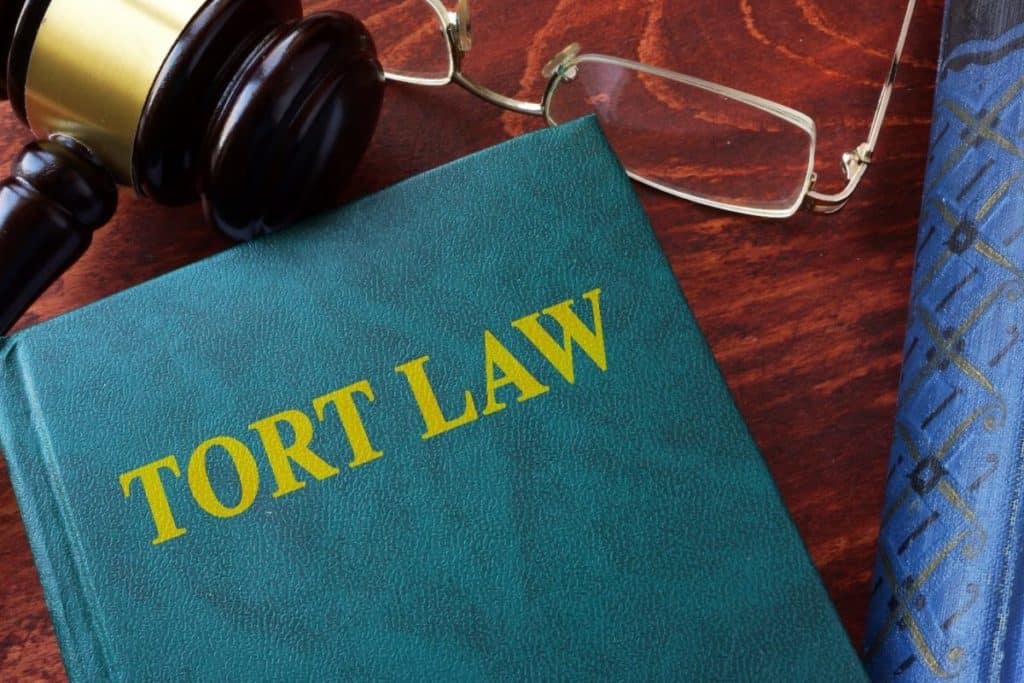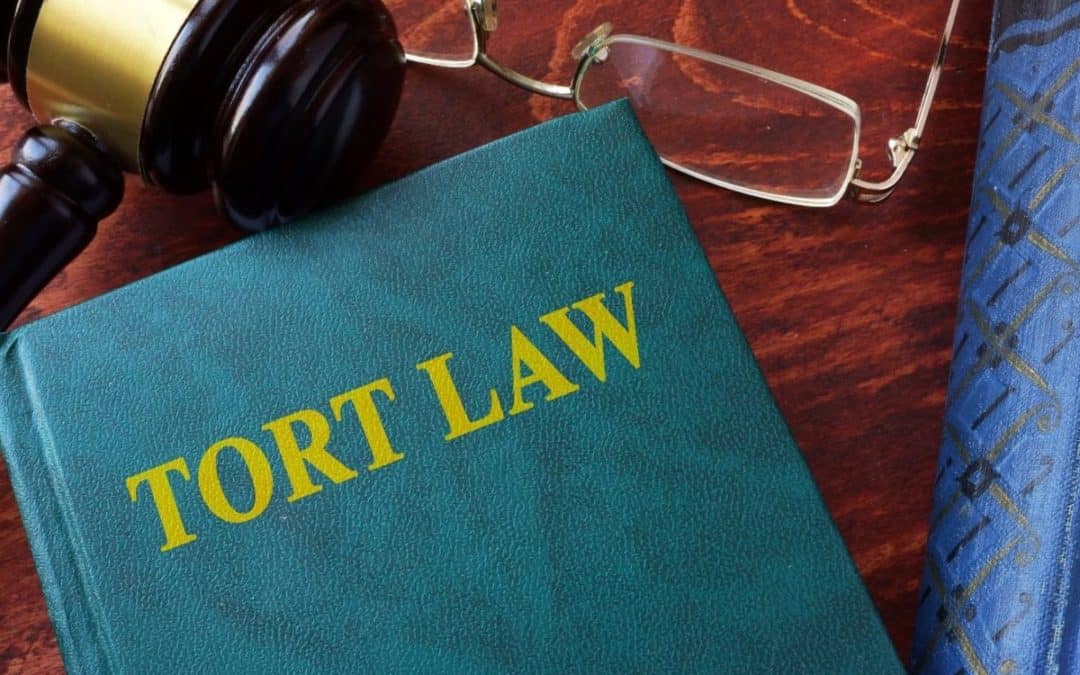In Pennsylvania, what is called full tort, is called the zero threshold in New Jersey. And again, that’s not language that most people understand and it’s intentionally confusing.
Tort in Law: Meaning, Principles, and Types
The law of torts is a fundamental branch of civil law that deals with wrongful acts or omissions that cause harm to another person, leading to legal liability. Unlike criminal law, which punishes offenders for offenses against the state, tort law focuses on compensating victims for private wrongs. The term “tort” comes from the Latin word “tortum”, meaning “twisted” or “wrong.” In essence, a tort is a civil wrong, other than a breach of contract, for which the injured party may seek compensation or other remedies through the courts.
Definition and Nature of Tort
A tort arises when one person’s conduct infringes upon another’s legally protected interests—such as personal safety, reputation, or property rights—without lawful justification. According to legal scholar Winfield, “Tortious liability arises from the breach of a duty primarily fixed by law; this duty is towards persons generally, and its breach is redressable by an action for unliquidated damages.” This definition highlights three key aspects:
- A legal duty: The duty is imposed by law, not by agreement between parties.
- A breach of duty: The defendant’s conduct violates this duty.
- Resulting damage: The plaintiff must suffer harm or injury as a consequence.
Tort law is primarily based on the principle that people must act in a way that does not harm others. It ensures that when harm is caused, the person responsible must make amends—typically through compensation.
Objectives of Tort Law
The main objectives of tort law are:
- Compensation: To restore the injured person, as far as possible, to the position they were in before the harm occurred.
- Deterrence: To discourage wrongful conduct by imposing liability.
- Justice: To uphold moral and social responsibility by ensuring wrongdoers are held accountable.
- Prevention: To promote safer behavior and relationships within society.
Essential Elements of a Tort
For a tort claim to succeed, the plaintiff must prove certain elements:
- A wrongful act or omission by the defendant.
- A legal duty of care owed by the defendant to the plaintiff.
- Breach of that duty, meaning the defendant failed to meet the standard of care expected.
- Causation, showing a direct link between the defendant’s act and the plaintiff’s injury.
- Actual damage or injury, whether physical, financial, or emotional.
Without damage or injury, a tort action generally cannot succeed, even if a duty was breached.
Types of Torts
Torts are broadly classified into three categories:
- Intentional Torts – These occur when the defendant intentionally engages in conduct that causes harm. Examples include assault, battery, false imprisonment, trespass to land, trespass to goods, and defamation. For instance, if a person deliberately hits another, it constitutes the tort of battery.
- Negligence – This is the most common type of tort, occurring when someone fails to take reasonable care to avoid causing injury or loss to another. The landmark case Donoghue v. Stevenson (1932) established the modern law of negligence, introducing the concept of a “duty of care.” A driver who carelessly causes a road accident, for example, is liable in negligence.
- Strict and Absolute Liability – Under strict liability, a person may be held responsible for harm even without negligence or intent. This principle was established in Rylands v. Fletcher (1868), where a person who keeps hazardous materials on their land is liable if those materials escape and cause damage. In some modern laws, such as environmental or consumer protection cases, absolute liability applies—meaning no defenses are allowed.
Remedies in Tort Law
The primary remedy for a tort is damages, or monetary compensation for the loss suffered. However, courts may also grant injunctions (orders to stop a wrongful act), restitution, or specific relief depending on the situation. The goal is always to protect rights and restore fairness. For information on tort law, please click here.
Tort law plays a crucial role in maintaining order and fairness in society. It balances individual rights and social responsibility by ensuring that those who cause harm, whether intentionally or negligently, are held liable. By compensating victims and deterring wrongful conduct, the law of torts serves both a corrective and preventive function—upholding justice and promoting responsible behavior in everyday life. Contact us for further information.


Recent Comments